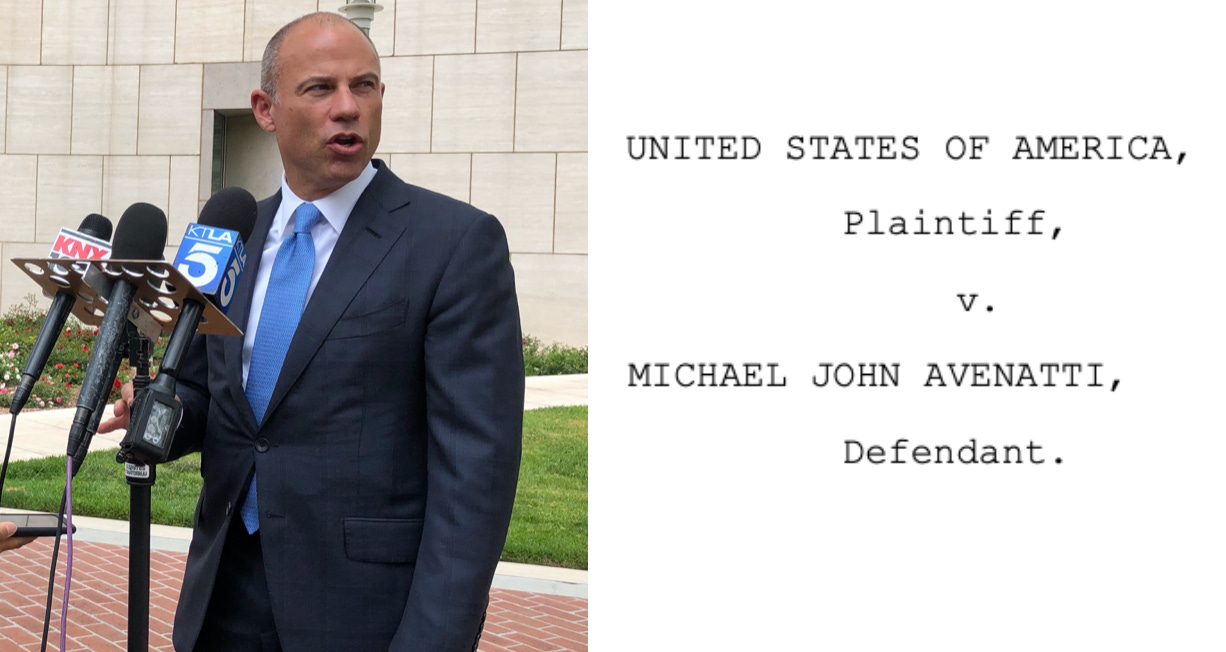Michael Avenatti sentenced to 8 years in client fraud case after 9th Circuit reversal
The brief cable news staple and hopeful for the 2020 Democratic presidential nomination returned to the Orange County federal courthouse on Thursday.

A woman who’s owed $1.3 million by thieving lawyer Michael Avenatti persuaded a federal judge on Thursday to increase his new prison sentence because of the harm she continues to suffer eight years after he stole from her.
“I’m still rebuild…


